Description
C++ Programming: An Object-Oriented Approach has two primary objectives: Teach the basic principles of programming as outlined in the ACM curriculum for a CS1 class and teach the basic constructs of the C++ language. While C++ is a complex and professional language, experience shows that beginning students can easily understand and use C++.
C++ Programming: An Object-Oriented Approach uses a combination of thorough, well-ordered explanations and a strong visual framework to make programming concepts accessible to students. The authors stress incremental program development, wherein program analysis is followed by building a structure chart, constructing UML flow diagrams, writing algorithms, undertaking program design, and finally testing.
This foundation, combined with a focus on the benefits of a consistent and well-documented programming style, prepares students to tackle the academic and professional programming challenges they will encounter down the road with confidence.
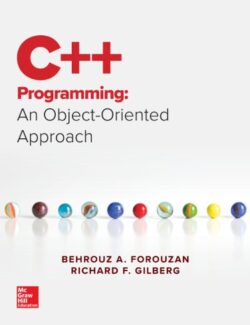
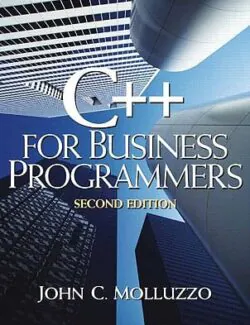
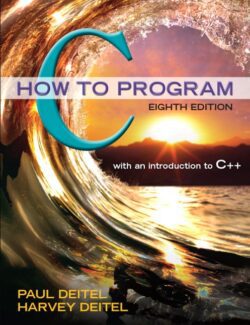
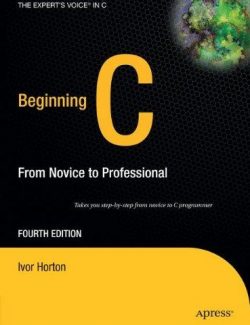
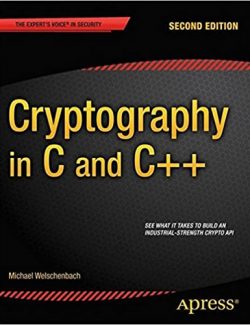
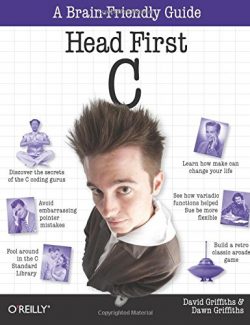
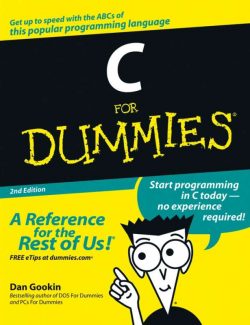
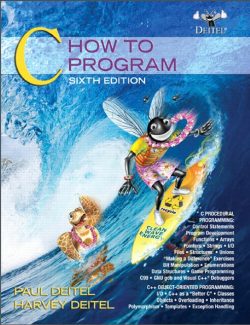
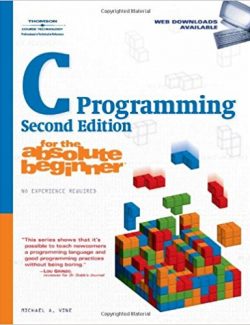
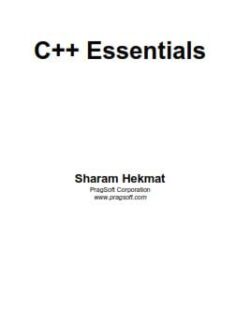
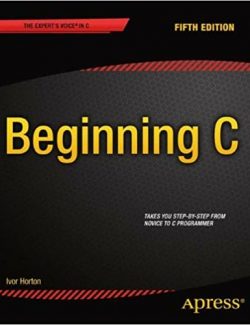
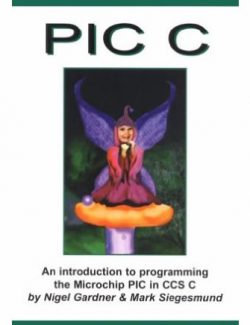
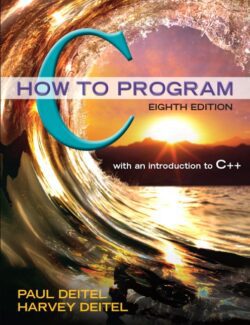
Leave us a comment
No Comments